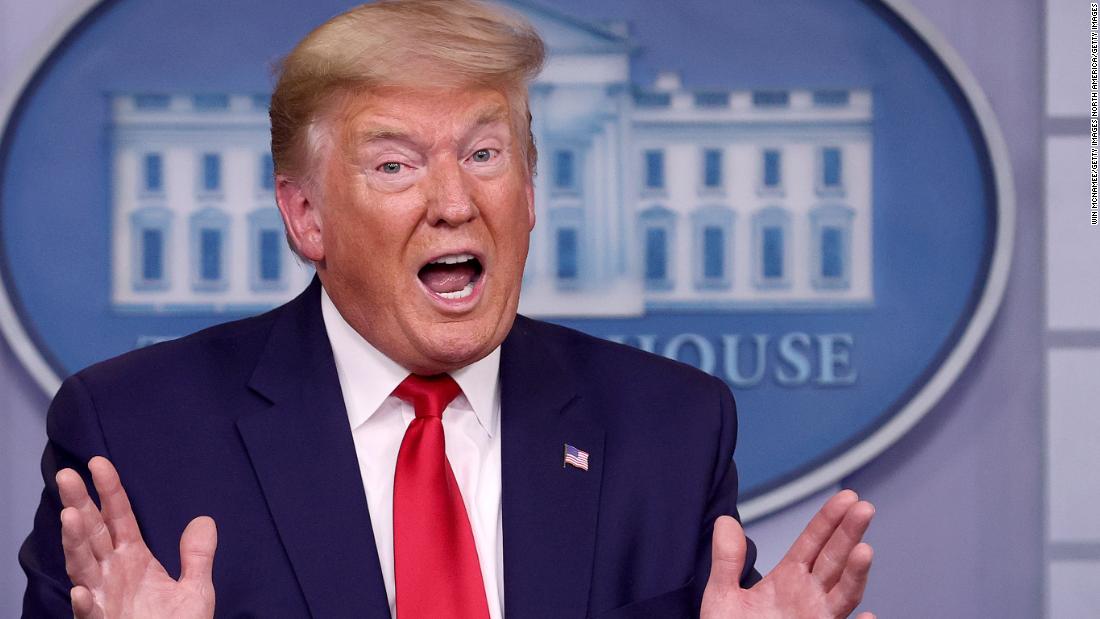
The relationship between the state of the economy and a president's fortunes is one of the clearest in political science. We can see this if we look at raw economic data (such as jobs or gross domestic product), or when we simply ask voters about how they think the economy is doing.
Election forecasts based solely on current and projected trends for job growth are bad enough that if history repeats itself, Trump will lose in a blowout unless there's a very strong upswing later in the year. Forecasted changes in GDP are so dire that they are literally off the scale for at least one model (i.e. the model could predict Trump getting a negative number of electoral votes).
With a potential black swan event in the making, it might be safest to stick to polling around the economy to understand its potential impact on 2020. The question of "is the economy getting better, worse or staying the same?" has been quite predictive in the final polls of every incumbent election since 1976. When incumbent Jimmy Carter got blown out in 1980, voters by a 32 point margin said the economy was getting worse than better. When incumbent Ronald Reagan was winning easily four years later, voters by a 21 point margin said the economy was getting better than worse.
Overall, incumbents have lost every election in which 15 points or more of voters said the economy was getting worse than getting better. Meanwhile, the incumbent has won every election when that was not the case.
A plurality of voters thought the economy was getting better back in early March, prior to the coronavirus pandemic taking full hold in the United States. In a Quinnipiac University poll, 35% of voters said it was getting better vs. 28% who said it was getting worse.
If that 7-point gap held through to Election Day, Trump would be in a good position.
However, no polling that asks the specific question about the economy "getting better or worse" has come out since the job losses began, though the polling that has come out indicates a lot of nervousness.
The problem for Trump, of course, is that the early March polling is likely out of date and views of the economy can change dramatically. Over the last three elections, the gap between getting better and getting worse has shifted by an average of 15 points over the final seven months of the campaign.
It's difficult to imagine Trump winning reelection if views of the economy become much worse, which these new job numbers suggest they easily could.
Moreover, Trump was already underperforming where the economy indicates he should have been. Views of the economy often converge to how voters feel about a president overall. Because Trump was unpopular, history would have suggested that economic views were likely to dim going into the fall even before any economic downturn. Once you control for Trump's net approval (approve-disapprove) rating, the strong economic ratings in early March would still have pegged him as a 3 point underdog in the fall.
In other words, Trump likely has less leeway with the economy than other more popular presidents.
Of course, these are not normal times. It's plausible that voters give Trump the benefit of the doubt, even if the economy is viewed as getting worse on election day. Perhaps, voters will approve of Trump's handling of the coronavirus, which will override their feelings about the economy.
Or maybe the common refrain of "nothing matters" will be what rules Election Day 2020. Since Trump has been underperforming where the economy has pointed to during his presidency, it's conceivable he'll overperform it on the day voters render their verdict.
Still, that's not something I would want to bet on if I were Trump.
"how" - Google News
April 05, 2020 at 06:03PM
https://ift.tt/2xM9kCe
How job losses could affect Trump and the 2020 election - CNN
"how" - Google News
https://ift.tt/2MfXd3I
Bagikan Berita Ini














0 Response to "How job losses could affect Trump and the 2020 election - CNN"
Post a Comment